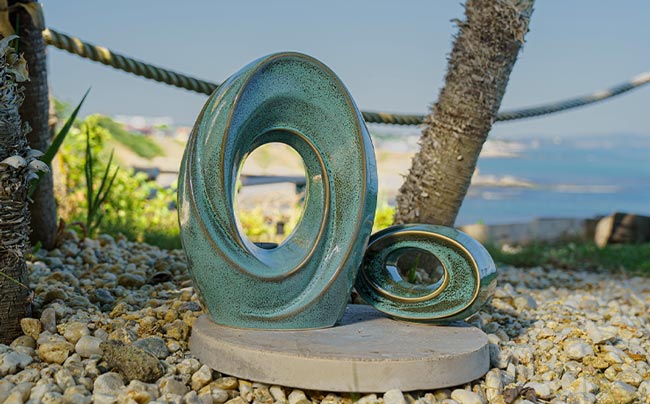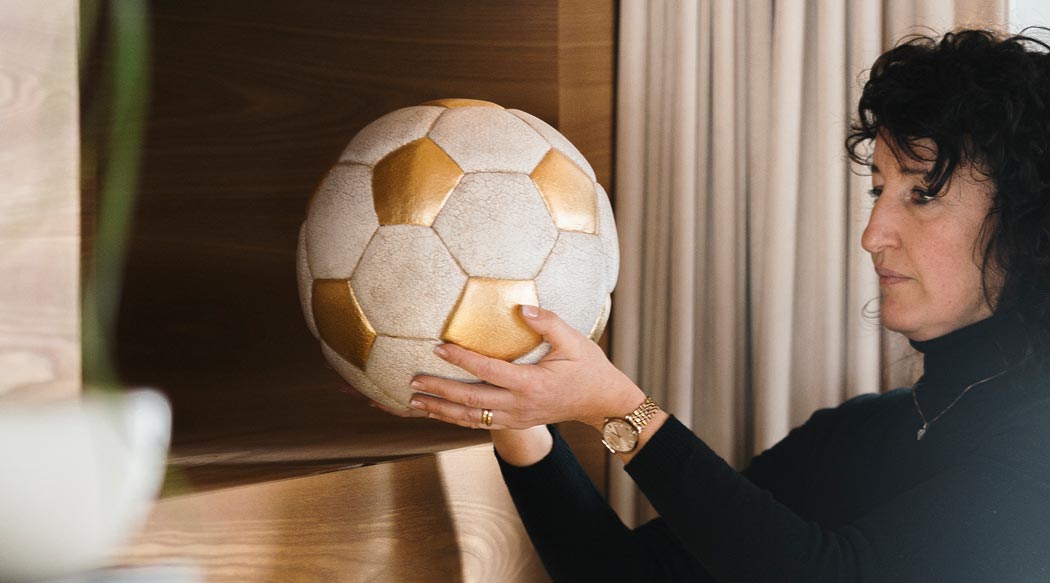
8 Most Common Cremation Myths - Are They True?
If you are thinking about going through with the cremation process, you may have heard myths that might have unsettled you or made you question your decision. In this article we will be going over myths related to cremation and putting to bed myths that aren't true but are believed to be.
The Possibility That you Could Receive Somebody else's Cremated Remains
Funeral homes have strict policies and regulations in place to ensure a situation like this does not occur. If you have a hard time believing that the ashes you have received belong to your loved one, you can check that they are in fact correct with ID tags that are placed onto your loved one before the cremation process. The ID tags have the person's full name and date of birth.
There is also a stainless steel ID disk that is placed with your loved one, the number of the steel disk is then written on your paperwork to identify your loved one. Due to it not being able to melt in high temperatures, it will stay intact.
Some funeral homes even allow you to standby and watch the cremation process happening in person, therefore there is no chance of having another person's cremated remains.
Cremation is eco-friendly
Cremation is less harmful than using formaldehyde when embalming a body as it has toxic chemicals that seep into the air and soil that the body is buried into.
Whilst the cremation process is not as harsh on the environment, it still emits chemicals into our atmosphere that are harmful. They can release carbon monoxide, sulphur dioxide, heavy metals and mercury emissions from dental fillings.
Scattering Ashes is Illegal
In the UK it is totally legal to scatter your loved one's ashes in public areas. Whereas, if you would like to scatter your loved one's cremated remains on private land, you would need to contact the owners of the private land beforehand to get permission.
Depending on the location you wish to scatter your cherished one's ashes, you may need to speak to a private landowner, the local council or possibly a church. It is always important to remember to follow national guidelines that have been put into place for everyone's safety.
You are Limited to Buying Urns from The Selected Funeral home that you have Chosen
No, this is not true. You are allowed to purchase a cremation urn for ashes from anywhere that you please.
You are not limited to the funeral home's collection of cremation urns, as you may want to purchase a cremation urn that has sentimental value to you, for example you may want to buy a football shaped cremation urn for a family member who loved football, the options are endless.
You can't opt for a Traditional Funeral if you choose Cremation
It is still possible to have a traditional funeral after going through with the cremation process. There are biodegradable urns that are suitable for land burial, so if you wanted to have your loved one cremated but still have a traditional funeral, the option is there for you.
The plot of land you need to bury the biodegradable urn in will just be a lot smaller as there won't be a coffin going into the plot of land, but a relatively small sized cremation urn.
Many people decide to have a memorial service with the cremated remains present, while others decide to have a memorial service before the cremation takes place, then once they receive their loved one's ashes, they will then proceed to bury the cremation urn or scatter the ashes in a location that they choose is fitting for their loved one.
Most Religions forbid Cremation
Some religions aren't in favour of being cremated, but they are becoming more open to it. Below are some faiths that disagree and agree with cremation.
Judaism: This religion discourages the cremation process but Reform Judaism is becoming more open to cremation. If a person decides to be cremated, they will be allowed to be buried into a Jewish cemetery, although they like the cremated remains to still be buried in a coffin. On the other hand, Orthodox Judaism does not agree with cremation.
Christianity: Christians for a long time have been against cremation, although in recent years it is becoming more accepted in the Church, even with Catholicism. Although burial is the preferred practice for Christians, when choosing a cremation process, it does not stand in the way of being able to be buried in their church cemetery or having a traditional funeral.
Islam: In the Islamic faith, cremation is opposed. It is a forbidden practice, as they believe that the body after death should remain intact as it was once in life, as it is necessary to have all the body parts together because they are needed for their resurrection in the afterlife.
Buddhism: Buddhists actually encourage cremation, with the founder of Buddhism, Gautama Buddha being cremated, many chose to follow in his footsteps and continue with this practice.
The Cremation Process Involves Lighting The Body on Fire
This is not true. Flames are used to reach a desired high temperature that is hot enough to reduce the body into gases and cremated remains, after this process, the bone fragments are then placed into an electric processor and it then converts them to ashes. It takes roughly 2-3 hours for this process to be completed.
Cremated Remains are the same as Ashes
Cremated remains are what is left after going through the cremation process. Ashes are remains that have been cremated and then have been pulverised to become a fine powder ready to place in a cremation urn of your choice.




Leave a comment
This site is protected by hCaptcha and the hCaptcha Privacy Policy and Terms of Service apply.